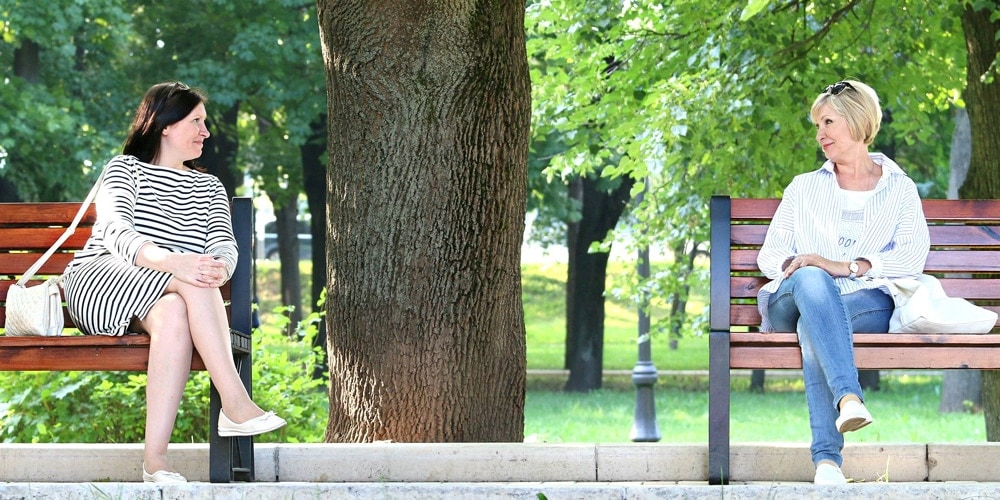
“A
nd [Jesus] said: ‘Truly I tell you, unless you change and become like little children, you will never enter the kingdom of heaven’” (Matt. 18:3).*
We usually hear this text when the preacher wants to remind us to have a simple, unsophisticated, childish faith; to trust God to provide for our needs as children trust their parents to provide for their material and emotional needs.
But in this moment of toxic tweets and outrageous lies disguised as headlines, maybe we should return to our earliest lessons, when our parents taught us to say “please,” “thank you,” and “excuse me.”
On many stages, politeness is not only ignored, it’s beaten to a bloody pulp. Television hosts, online commentators, and social media voices seem to take delight in name-calling and snide, sarcastic remarks that pose as sophistication.
These are stressful times. Disease, unemployment, and uncertainty have conspired to make for sleepless nights and emotional fatigue. A little kindness, an extra dose of politeness may help to lighten our collective load. The apostle Paul wrote: “As we have opportunity, let us do good to all people” (Gal. 6:10).
We know the examples of bad behavior: people fighting over the last package of toilet paper in the supermarket; road rage inciting people to drive recklessly and aggressively; people nose-to-nose at public demonstrations shouting insults at each other. These and other examples have led many to coin the term “the anger epidemic.”
Of course, there are also examples of people going the extra mile to make sure those marginalized by the pandemic and its effects are cared for. Kids selling lemonade to raise money for personal protective equipment for health professionals; neighbors who check in on neighbors; individuals who provide food for those left jobless; everyday benefactors who provide small gifts of appreciation for those workers deemed “essential”: transit workers, mail carriers, sanitation workers, first responders, delivery people.
It’s time for us to remember our very first lessons in civility: saying “please,” “thank you,” and “pardon me” all the time, no exceptions. In fact, think how much better the world would be if we went back to those ancient days when we held the door open for people; when we let others go ahead of us in line at the supermarket (especially when they have just two or three items); when courtesy extended not only to the supermarket or post office but to highway intersections.
It’s been 100 years since North America faced this kind of physical, emotional, and spiritual challenge. It seems as though the very fibers of society are unraveling. Our homes, schools, churches, workplaces, and institutions are being threatened, and not just by the pandemic.
If anger and disrespect are contagious (and they seem to be), what would happen if we started a kindness epidemic? How would we begin? Well, just as COVID is spread by person-to-person contact, kindness is also communicated person to person. We start by being kind to everyone, no matter their age, gender, ethnicity, social or economic standing (or whether or not they are kind in return). Not everyone will catch it, but those infected with kindness may spread it to others. It’s worth a try.
Please.
Stephen Chavez is an assistant editor for Adventist Review Ministries.
*Bible texts are from the Holy Bible, New International Version. Copyright ã 1973, 1978, 1984, 2011 by Biblica, Inc. Used by permission. All rights reserved worldwide.